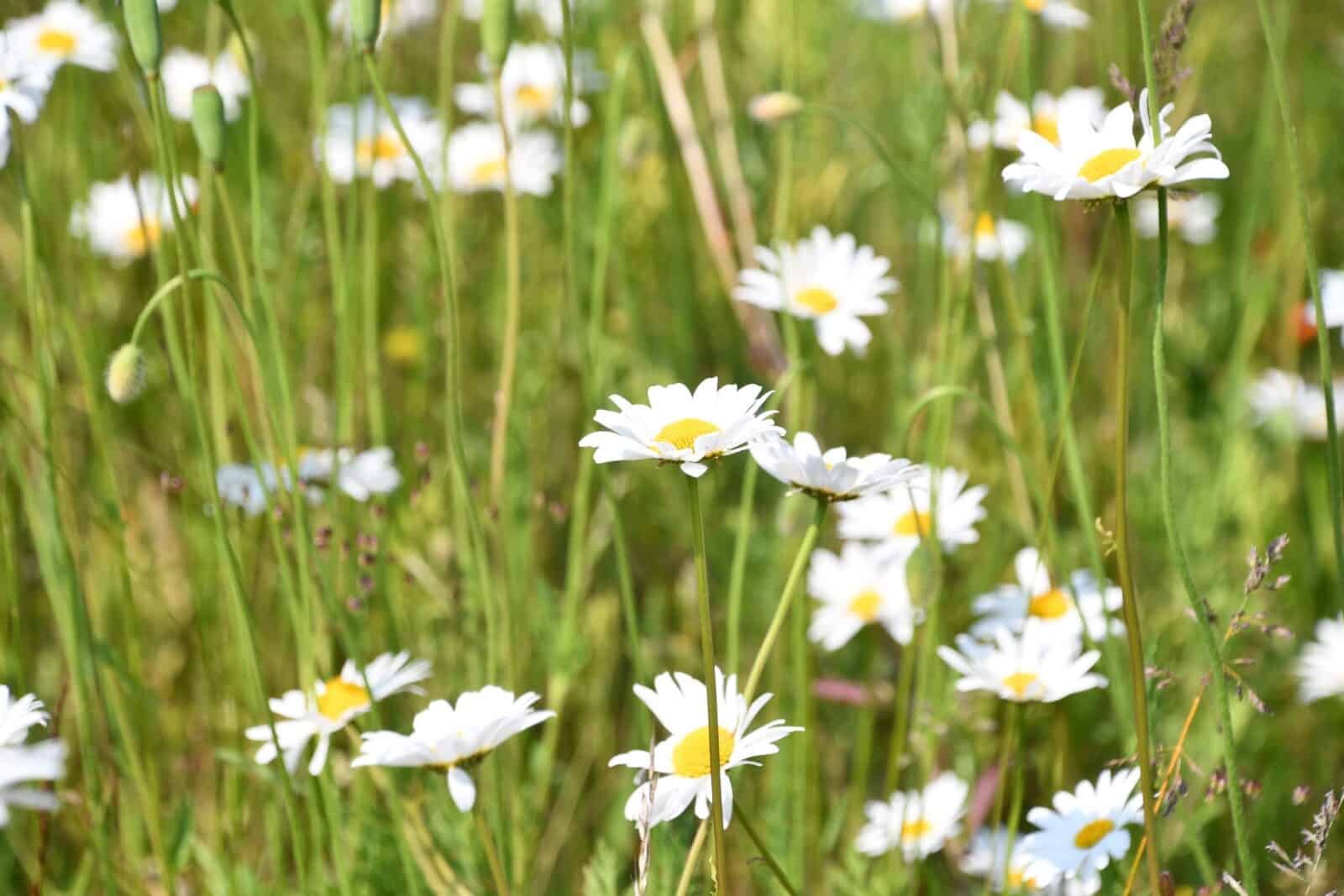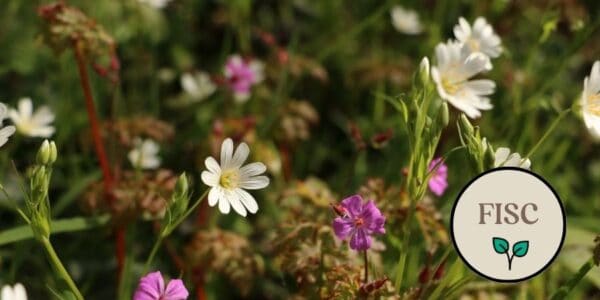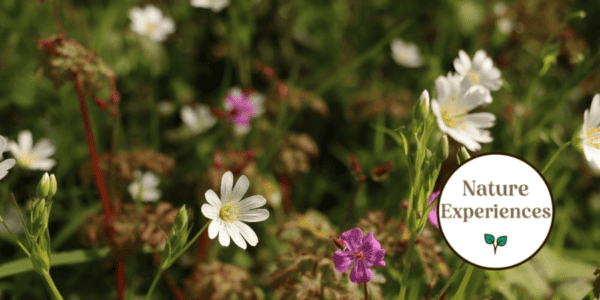This intermediate course will provide you with the skills required to confidently use the National Vegetation Classification (NVC) in summer as a framework to approach how plant communities are responding to environmental change.
This course will include:
- An element of botanical identification of different plant species.
- Using the NVC to explore plant communities.
- Introducing indicator species and what they can tell us about habitats and plant assemblages.
- Practical experience of surveying and identification skills in the field with an expert tutor.
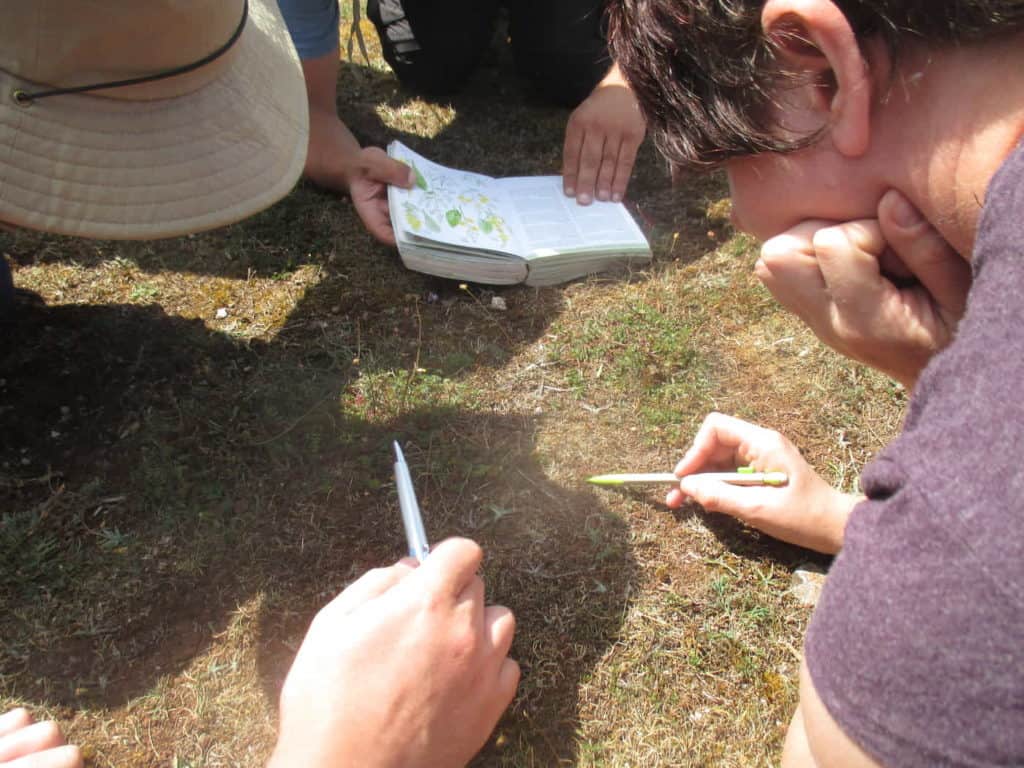
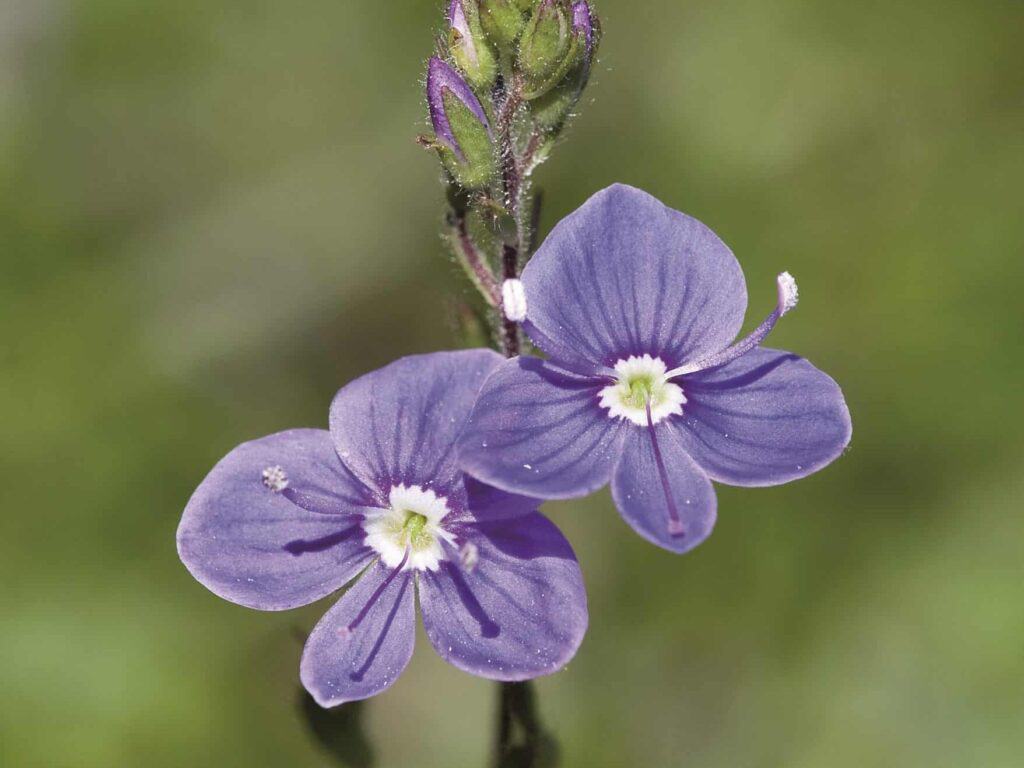
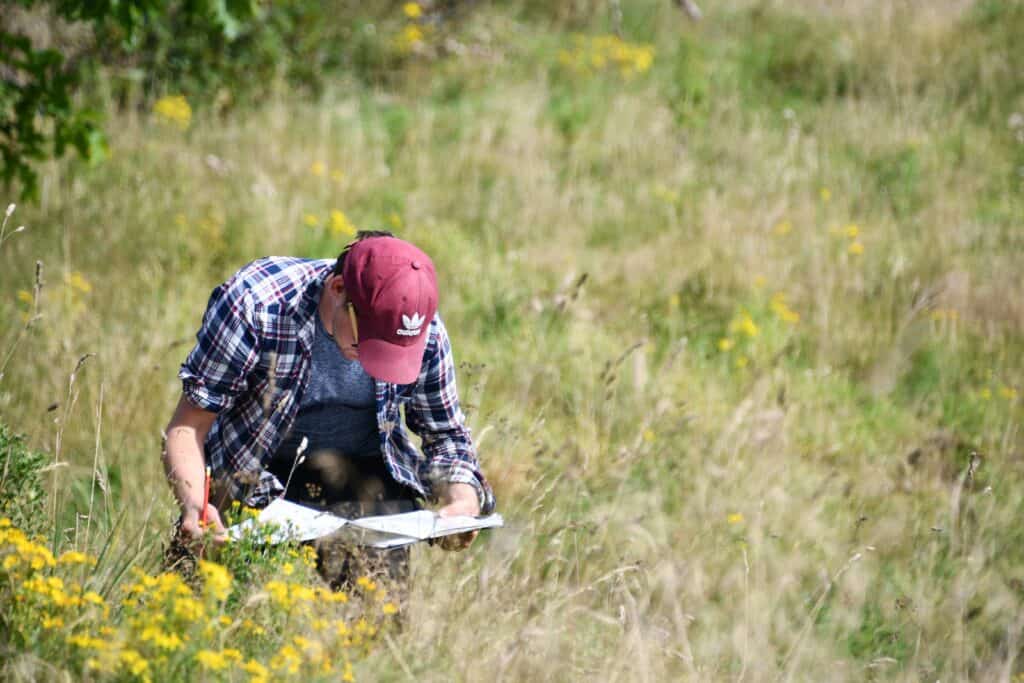
Read More
This course will introduce the idea of indicator species and what they can show us. The National Vegetation Classification (NVC) will be used to show how assemblages of species can give us information about soils, climate, hydrology and other factors, and how management can shape and conserve plant communities. This is a valuable skill for anyone working or looking to work within the environmental consultancy sector. There will be an element of botanical identification, especially of plants in their vegetative state, and also some important bryophytes. As much time as possible will be spent outside, exploring the magnificent countryside and habitats around the centre. There will also be the opportunity to use vegetation analysis computer programmes with data collected in the course, providing you with a solid baseline knowledge of this valuable survey method.
Who Should Attend? – Nature enthusiasts, students, rangers, early career consultants and ecologists.
Knowledge Level – Intermediate. Level descriptors can be found on the following web-page: Framework and Course Level Descriptors.
Prior Knowledge – It would beneficial for participants to have some species identification background as we will be seeing many different types of plants including rare species.
PLEASE NOTE: There is no accommodation or meal facilities provided with this course. Refreshments (tea and coffee) will be available. If we are unable to reach viable numbers for this course, we will inform you of the course cancellation 4-5 weeks prior to the course run. We would recommend when purchasing accommodation and/or travel you should take out your own insurance.
Bookings will close if course capacity is reached.
Please email [email protected] if you have any questions.
About the Tutor
Phil Wilson
Phil Wilson has been a freelance vegetation scientist, studying Britain’s plants and vegetation, since 1991. His PhD focused on the ecology and conservation of the arable flora and he worked with Plantlife for several years on some of our rarest plants. He also manages a small farm in East Devon, but enjoys travelling round the country.
Example Timetable
Please arrive in time for the course to start promptly at 10:00am.
There will be a one-hour lunch break during the day. Lunch is not included so please bring your own food.
Refreshments (tea and coffee) will be provided.
The course will finish at 17:00pm.
What's Included
The course has been carefully created by expert tutors and educators to help you build your knowledge and apply it within the field surrounded by like-minded individuals.
The course includes:
- Classroom learning covering the theory
- Field excursions to apply new knowledge
- Expert tuition for which the Field Studies Council is renowned
- Clear objectives and progression
- Refreshments (tea/coffee)
You can rest assured that the absolute best content from an expert in environmental education will be provided. In choosing a Field Studies Council course, you will be joining thousands of people who learn with us each year.
Bursaries and Subsidies
Student Discount
This course is eligible for a student discount. If you are a current student, please use discount code BioStudent20 at checkout for 20% off all Biodiversity course
Natural History Bursaries
There are a number of natural history bursaries available to help with the cost of your course. To find out if you and your chosen course are eligible, read more here.
Before You Attend
What to Bring
- Notebook and pencil
- Hand lens, min 8x magnification
- Your favourite identification guides
- Lunch and refreshments
- Sensible footwear and clothing for being outdoors
- Small bag to carry personal items
There will be a member of staff with first aid training and access to a first aid kit on site. If you have special medical or access requirements, please let us know as soon as possible so we can plan the course.
Opportunities to attend this course
-
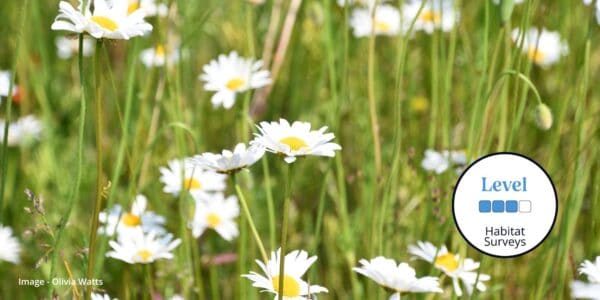
Sat 01, June 2024 10:00 - Sun 02, June 2024 17:00
The centre is unable to offer accommodation with this course, please book local accommodation if you require overnight stays and ensure you take out the appropriate insurance.
Sorry this course is out of stock
No current dates for this course? Click here to view all the upcoming Natural History courses.
Progress Your Learning
This is a training course from the Field Studies Council, delivered by expert tutors with an approachable learning style. After attending this course, you may like to progress your learning with further relevant courses or branch out into other areas of natural history. The Field Studies Council offers both online and in-person courses, so you can choose the learning style that suits you best.
The course gives you the opportunity to immerse yourself in a new subject and acquire novel skills. Our online portal gives you time to study at your own pace and fit the lessons around your own schedule.
If you have any questions about our courses please check out our Frequently Asked Questions or email [email protected].
Group Bookings Made Easy
If you have a group of 10 or more individuals wanting to complete one of our courses, our team are available to discuss your options – from discounts to private team courses. Find out more!
You can rest assured that the absolute best content from an expert in environmental education will be at your fingertips. In choosing a Field Studies Council course, you will be joining thousands of people who learn with us each year.

